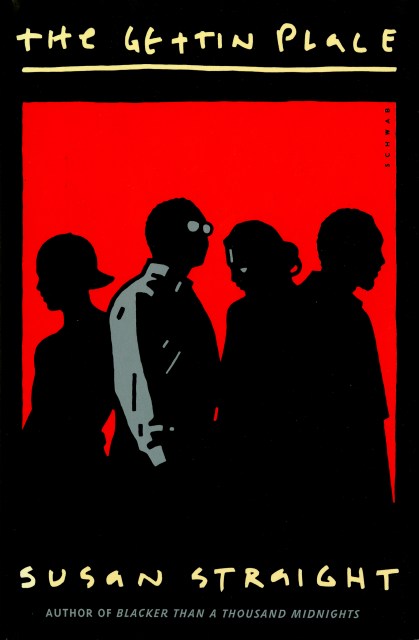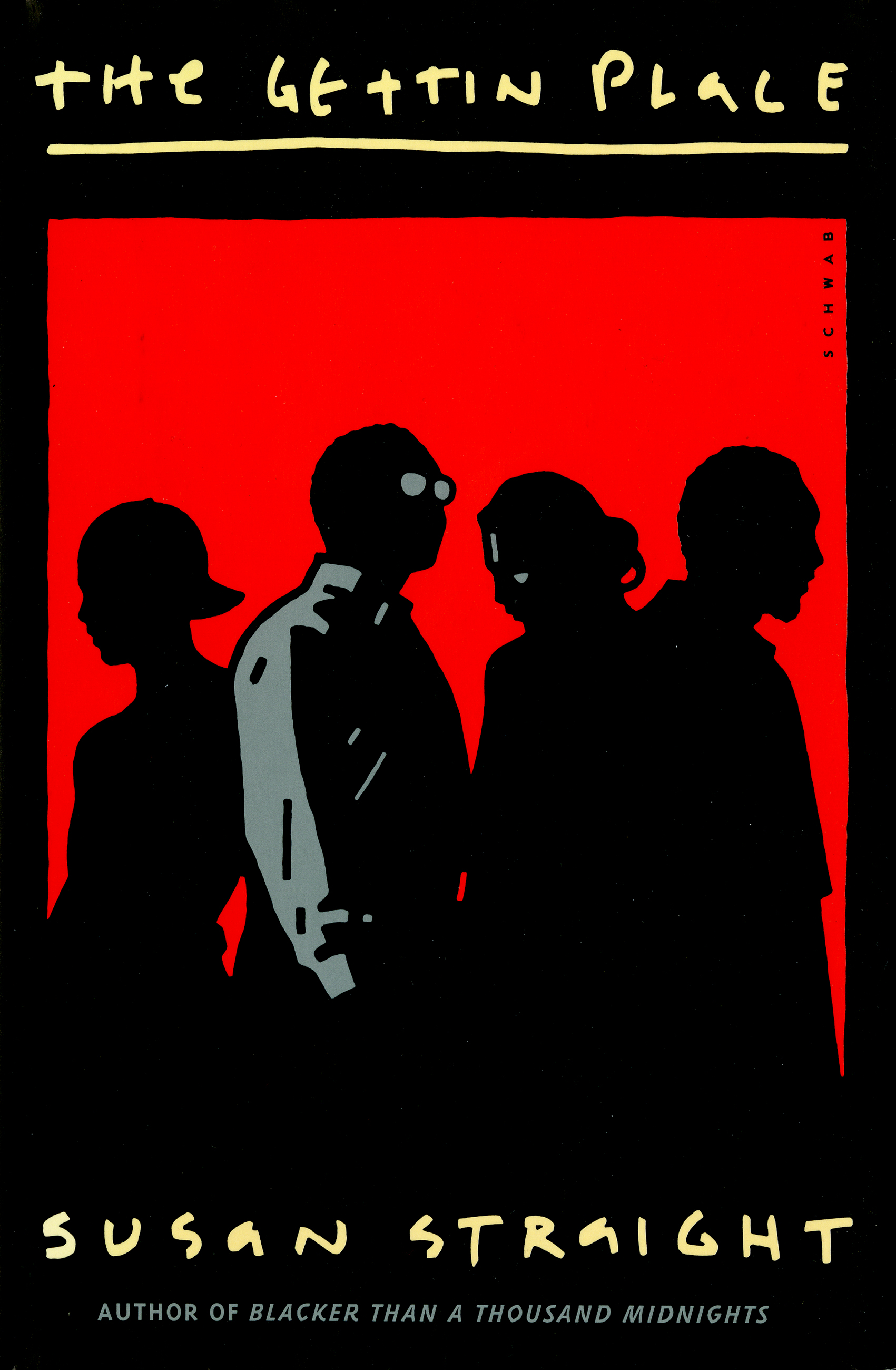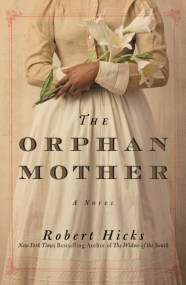The Gettin' Place
Contributors
By Susan Straight
Formats and Prices
Price
$10.99Price
$13.99 CADFormat
Format:
ebook (Digital original) $10.99 $13.99 CADThis item is a preorder. Your payment method will be charged immediately, and the product is expected to ship on or around June 18, 2013. This date is subject to change due to shipping delays beyond our control.
Also available from:
In the third novel by the author of Blacker Than a Thousand Midnights, the Thompson clan tries to deal with the chaos after their family patriarch finds the burning bodies of two white women on his property and is then accidentally gunned down by police.
- On Sale
- Jun 18, 2013
- Page Count
- 496 pages
- Publisher
- Hachette Books
- ISBN-13
- 9781401306069
By clicking 'Sign Up,' I acknowledge that I have read and agree to Hachette Book Group’s Privacy Policy and Terms of Use







